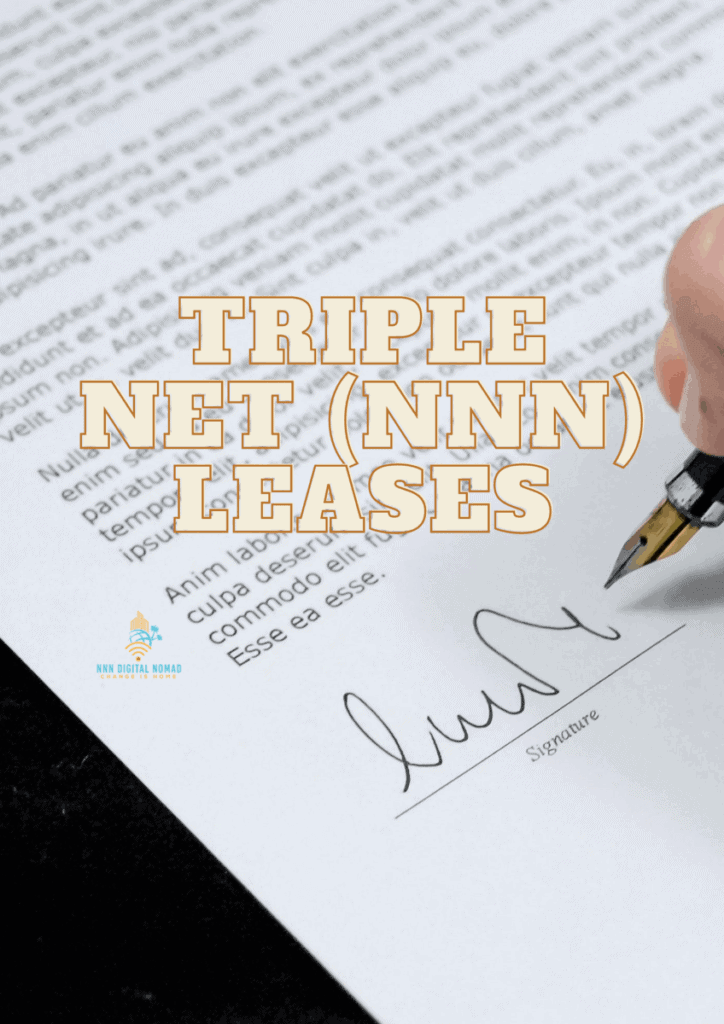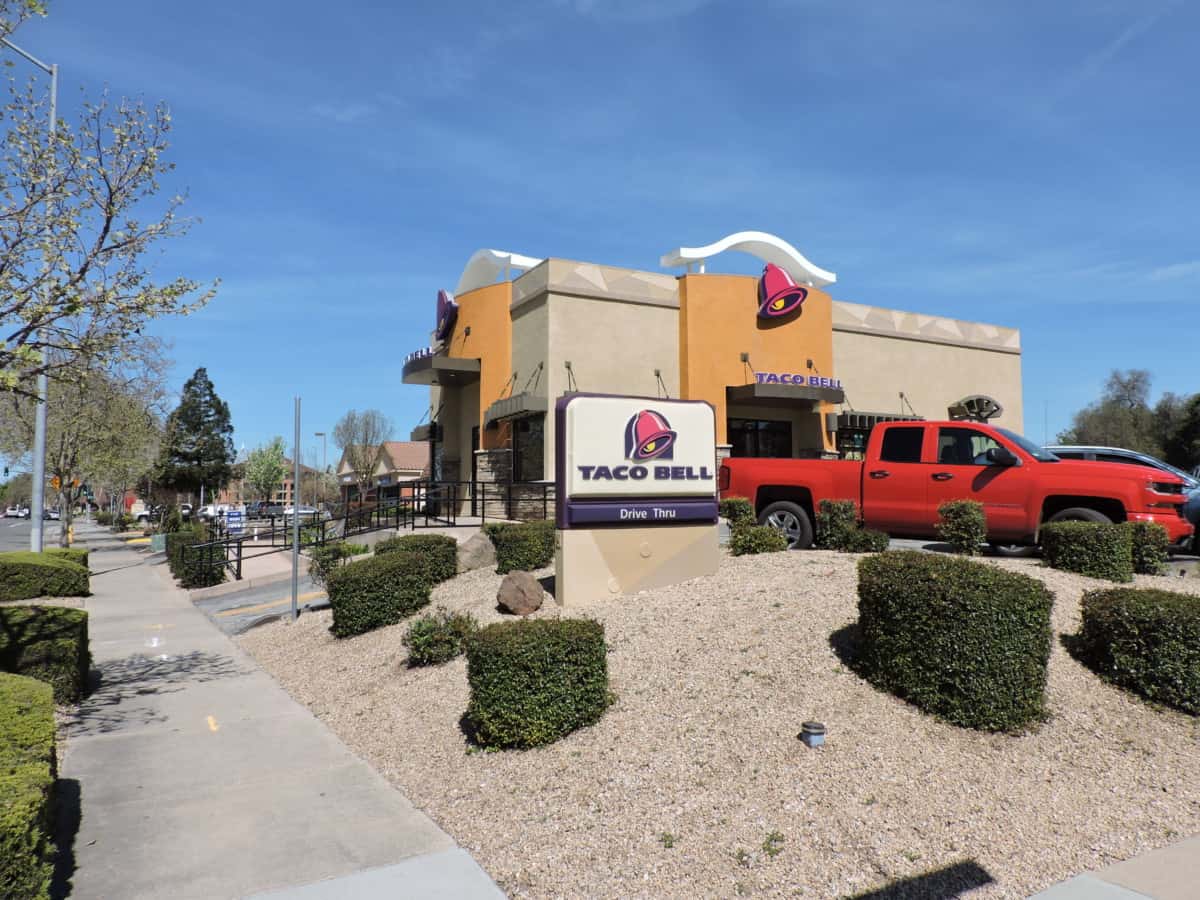
Triple net leases (aka NNN leases) are real estate agreements whereby the tenant is held responsible for gross rent and other expenses of the property. This implies that the landlord has minimal to no responsibilities in the duration of the lease. Such expenses include property taxes, maintenance costs, and property insurance (true or absolute NNN includes all expenses).
A triple net lease is commonly applicable for offices, restaurants, and retail stores. The typical lease lasts for one decade though some tenants can sign for up to twenty-five years (not including options to extend).
The triple net lease may seem complicated though it is typical among the commercial real estate industry. The tenant agrees to pay rent depending on the market comparables, with rent increases that can occur periodically. Terms of triple net lease are usually negotiated through a broker (I also break down the differences of single net, double net, and triple net leases in my QSR NNN article).
Pros of a Triple Net (NNN) Lease
Stable Income
A triple net lease involves long-term occupancy by the tenant which provides consistent income for the landlord. The lease is structured with either fixed rent increases or flat rent throughout the term of the agreement.
Minimal to No Landlord Responsibilities
Under the triple net agreement, the property owner is obligated to minimal to no landlord responsibilities whatsoever. The responsibilities fall to the tenant, including property tax, insurance, and property maintenance.
Since there are virtually no responsibilities, NNN leased properties have become a popular investment among millennial, digital nomads, and location independent entrepreneurs because of its truly passive nature.
Easy to Sell, Bond-Like Asset
Another benefit of NNN leased investment is that the landlord of the property still has permission to sell the property even while it is on a lease. Triple Net properties are known throughout the industry as typically being easier to sell than other asset classes. A typical NNN investment sale can range from 14-45 days compared to other types of real estate that oftentimes can take 45-90 days.
The tenant of the property will run business as usual without any concern if the landlord sells the property since the lease is transferred with the sale of the property. The new owner of the property will adhere to the original lease agreement and abide by the existing terms and conditions.
Cons of a Triple Net (NNN) Lease
Income Cap (Little to No Value-Add Component)
The owner of the property gets stable and reliable income from the real estate through the payment of rent. Such includes fixed income and sometimes fixed income with annual increases set in the lease.
It is difficult to add value through forced appreciation in a NNN lease since you cannot change the rents or adjust any terms of the lease once it is signed. However, if your tenant is requesting to amend terms of the lease such as rent amount or term length, this is a prime opportunity to negotiate some landlord favorable terms in exchange.
The Landlord is Ultimately Liable
Even though the tenant is obligated to pay for expenses like insurance and maintenance expenses, if the tenant fails to comply, the owner is ultimately liable for the expenses. If the tenant is not tax compliant, the property owner is left vulnerable and is responsible for the expenses.
Risk of Complete Vacancy
The triple net lease allows the property owner to lease it for a relatively long base term ranging from 5-25 years plus options typically ranging another 10-50 years after. However, it is crucial that every landlord is aware that eventually the tenant will leave someday and that the building is at risk of being completely vacant with zero income.
When the lease period comes to an end, the tenant can decide to vacate, the property owner will have to incur expenses before leasing the property again. A typical net lease lasts at least 10-20 years, implying that the property may depreciate and require some level of rehab. Therefore, it requires the owner to take the responsibility to fix it again. Depending on the property’s condition, the owner might require high capital expenditure to return it into a good shape prior to putting on the market for lease.
Conclusion
Triple net lease properties are becoming more and more popular today especially with young investors, millennials, digital nomads, and location independent entrepreneurs. They provide one of the most passive forms of income while truly creating and preserving wealth. However, there are many risks that every investor should be aware of during the buy, hold, sell, or refi stage of any triple net investment. Here is a book that I highly recommend all investors and brokers to read in regards to Negotiating Commercial Leases & Renewals.

Before you go, check out my list sharing the 7 Essential Books for Beginner Real Estate Investors


